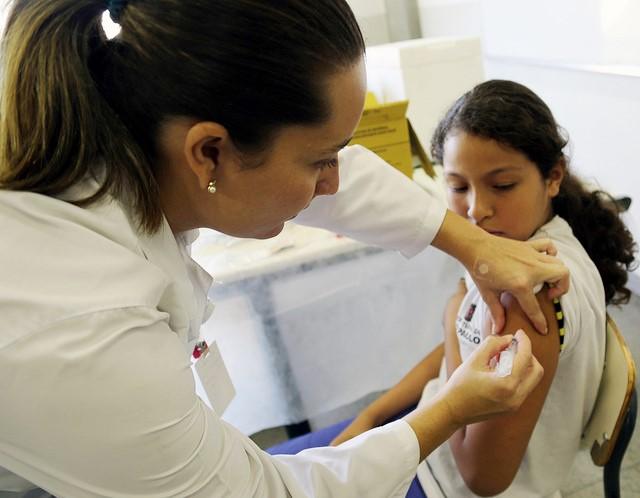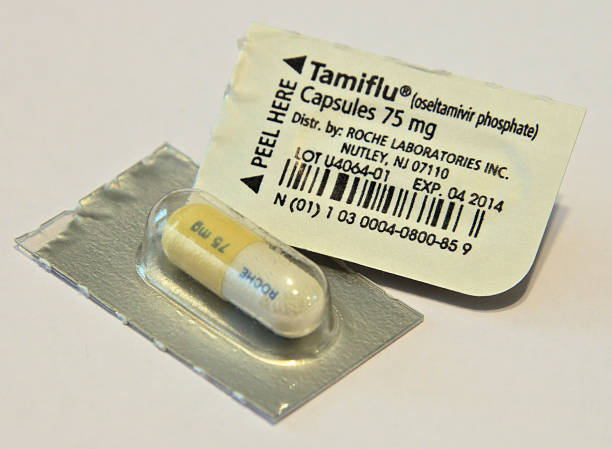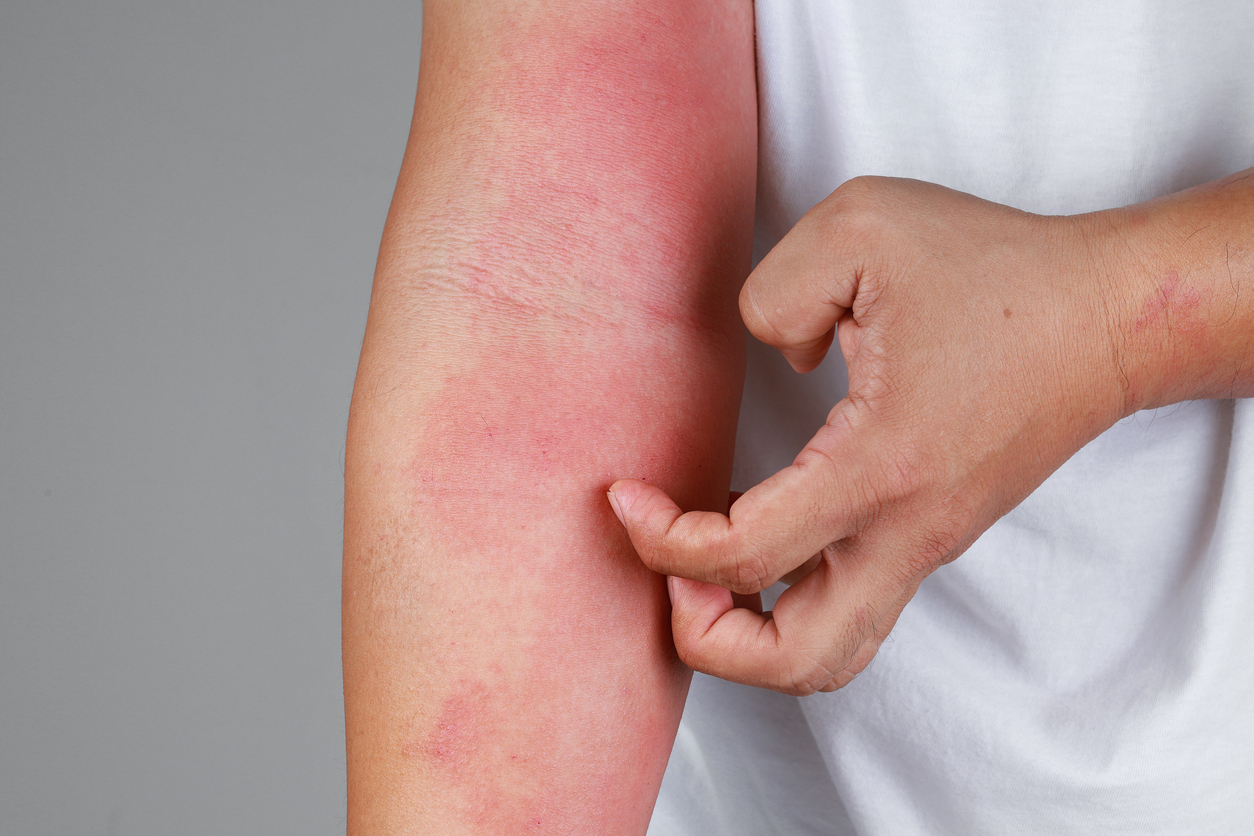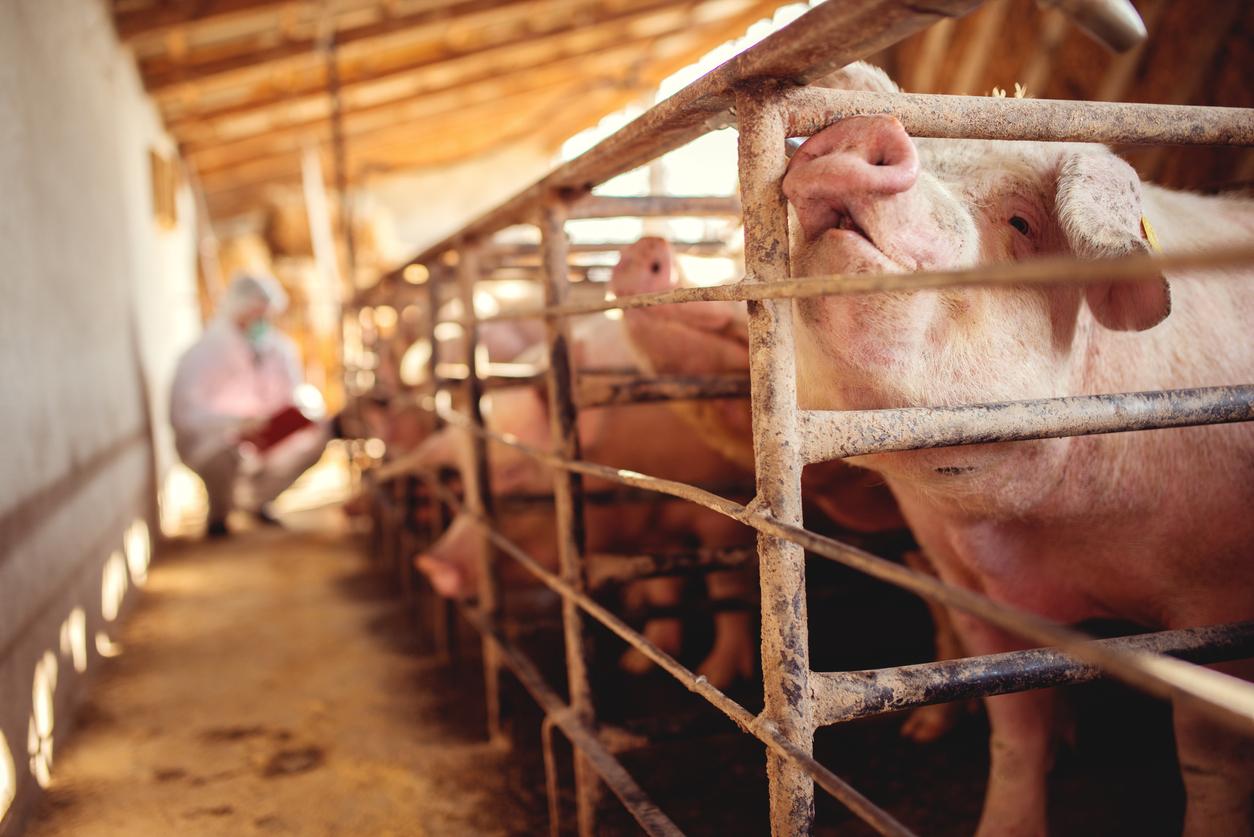
A 2022 survey of more than 1,000 healthcare providers (HCPs) at US college medical centers reveals that less than half routinely check the human papillomavirus (HPV) vaccination histories of most female patients.
Last week in BMC Public Health, University of Rhode Island-led researchers described their survey of 1,159 nurse practitioners (NPs), physicians, and physician assistants about their HPV screening practices for women.
Two HPV vaccine doses are recommended for all children aged 9 to 15 years, while three are advised for older adolescents and adults up to age 26 (female and male).
The authors noted that while HPV vaccination is highly effective in preventing infection and related precancers and invasive cancers, the United States falls short of national and global vaccination targets. "College students are an important audience for catch-up vaccination given suboptimal population coverage in adolescents," they wrote.
College policy tied to higher screening rate
Of all respondents, 45% reported routinely screening the HPV vaccination histories of at least 70% of women. NPs were 1.3 times more likely than other providers to routinely check HPV vaccination status.
College health centers are uniquely positioned to help promote completion of the recommended HPV vaccine series and reduce the risk of future HPV-related cancers and other sequelae.
Multivariable logistic regression modeling showed a link between regular HPV vaccination screening and positive HCP attitudes, HCP self-efficacy toward screening, larger institution size, recent training, and electronic health record prompts. In addition, HCPs whose health center required HPV vaccination screening were 2.4 times more likely to report consistent screening than those without a policy.
"College health centers are uniquely positioned to help promote completion of the recommended HPV vaccine series and reduce the risk of future HPV-related cancers and other sequelae," the researchers wrote. "Future studies should examine whether all students, including male and nonbinary/transgender students, are being screened for HPV vaccination history and offered HPV vaccination in college health settings."
"Provider attitudes and beliefs and organizational policies and trainings that are found to facilitate the uptake of routine screening of HPV vaccination status should be incorporated into the design of theory-based, tailored interventions to promote the routine screening of HPV vaccination status among all college students," they concluded.














